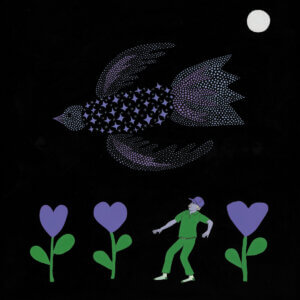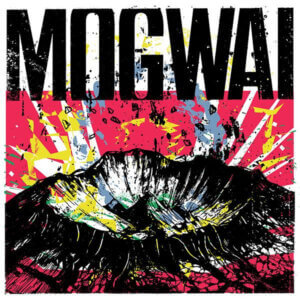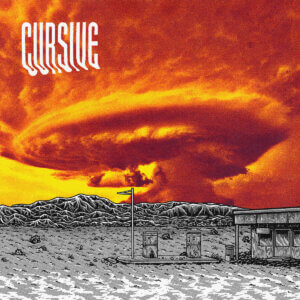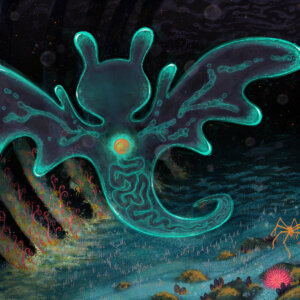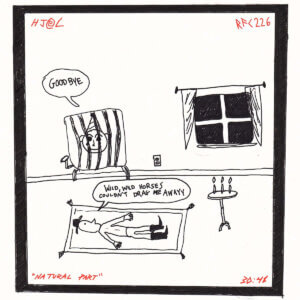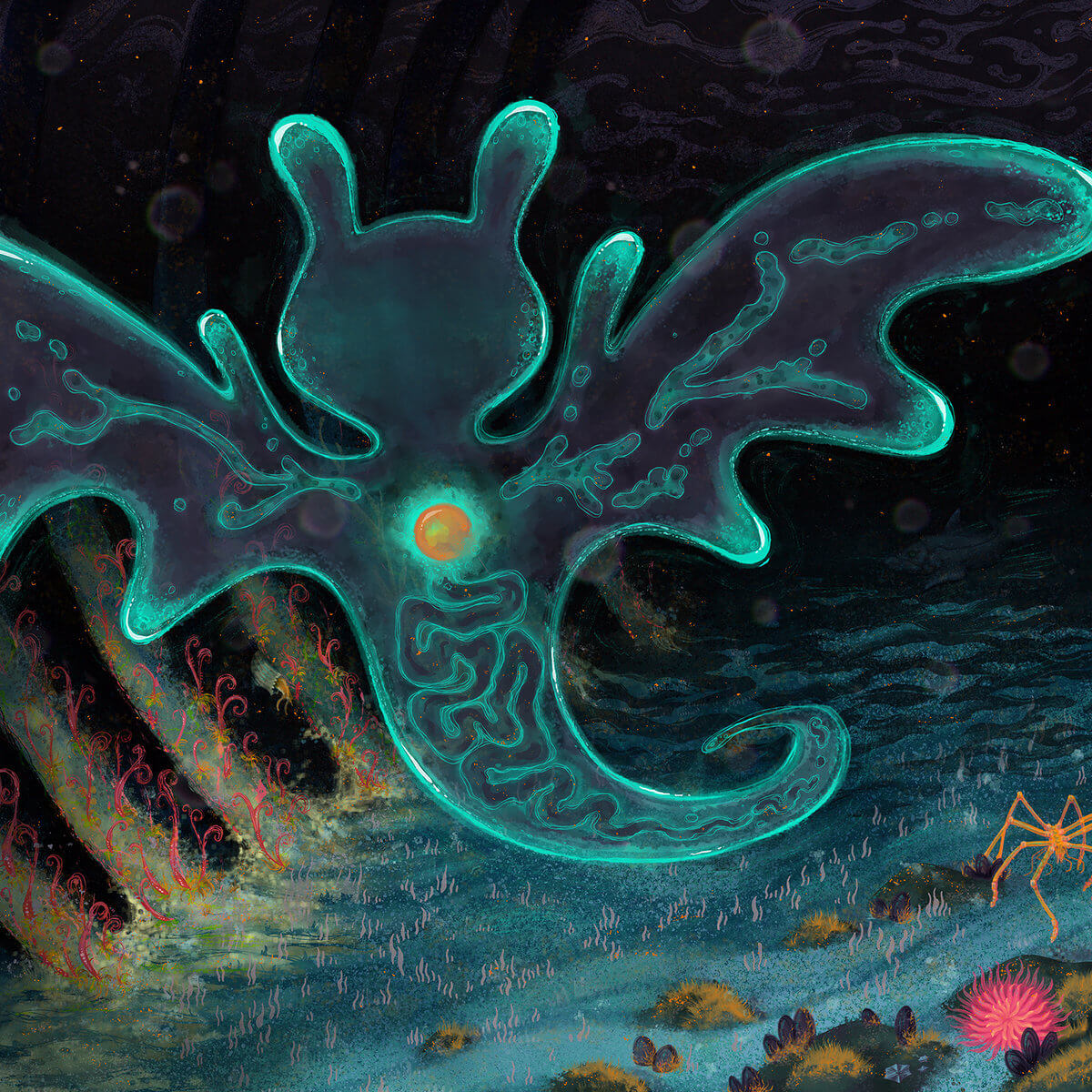
9.3
plastic death
glass beach
A lot of bands were cheated out of their moment by the events of March 2020, and Los Angeles quartet glass beach had been building up to theirs; it was undeniable that they were on to something big. Before the pandemic hit, their sprawling debut, aptly titled the first glass beach album, took off online, a word-of-mouth sensation that mashed up chiptune, facets of classic and current emo, mid-century jazz and the complexity of prog’s heyday into something that could only exist in the present day.
Making enough of a splash to get them signed to Massachusetts label Run For Cover (Runner, Citizen, Fiddlehead), who reissued the album at the start of 2020, the band were set for what should have been a big year… and then, well. Forced into isolation in LA, the band released a couple of loosies while largely remaining silent, going back into writing mode as soon as they could and moving in together as the form of the second glass beach album and not the second glass beach album? took shape.
You get the sense that even if they’d not been sidelined by a pandemic, they would have needed just as much time to put an album as staggeringly ambitious as this one together. Frontperson J McClendon remains the band’s primary songwriter, both their musical and actual voice sounding more expressive and assured. plastic death doesn’t work unless everyone goes all in; luckily, McClendon’s bandmates—lead guitarist Layne Smith, bassist Jonas Newhouse and drummer William White—are more than happy to join them in the maelstrom of melody and mania that is their second album. There are enough ideas in play to suggest that this may be a more difficult listen than its predecessor, but glass beach have never been especially interested in creativity for its own sake. The two singles chosen for the record—’the cia’ and ‘rare animal’—act as a study of the record in microcosm, no musical detour misplaced: controlled chaos is at the heart of the album’s ethos, such as the moment the former tips into a guitar-driven squall and crushing, metallic finale, ending a million miles away from tense, atmospheric beginnings.
Everything here is intentional and serves the purpose of the song; even as ‘coelacanth’ opens the record with a slow-building, lopsided waltz, the quartet’s full-band sound soon reveals itself: buzzing guitar lines, McClendon’s soaring falsetto, White’s increasingly complex drum patterns, all held together by Newhouse’s bass, but straining at the seams until the entry of marimba sets the song on a new course—and so it goes. Nothing is senseless; sometimes unexpected, certainly, never senseless. It’s the ease with which they hold all of this together that sets glass beach apart from their peers. On a first listen of plastic death, listeners will be overwhelmed—it’s better to accept this going in. The four-piece have honed their sound enough to ensure that their toying with song structure sounds seamless, such as how ‘motions’ shifts from common time to a snappier 6/4 so easily it may not even be noticed on first blush, or how the deceptively straightforward ‘puppy’ shifts gears, cuts loose from a previously established theme and goes supernova for the last 45 seconds.
These kinds of musical sucker punches—some more subtle than others but no less impactful—make plastic death what it is. In comparison to their debut, the homespun sound has been swapped out for a much bigger sound even on the record’s sparser moments. ‘slip under the door’ oscillates wildly between relative calm and volatile blasts of noise, surrendering completely to riff-driven mayhem over the course of its tightly-wound five- minute runtime, the record going completely off the rails three songs in just for shits and giggles, because that’s the kind of full-throated commitment glass beach give to what they do.
Intent, execution, following through—you don’t set out to make a record like this unless you’re reasonably sure you can stick the landing. Had glass beach already done that? Yes they had; yet they decided to one-up themselves all the same, taking the listener on a 63-minute white-knuckle thrill ride through songs that care not a jot for genre or classification. Some moments here will, as a matter of necessity, tie back to the first glass beach album—penultimate track ‘commatose’ goes for broke despite starting in familiar territory, stretching to nearly 10 minutes as its epic scope shows off everything that makes this band who they are—but the follow-up takes its predecessor’s ambition and scales it up, just so the listener and the band can see and hear what they’re truly capable of. plastic death is a staggering achievement: it might be four years later than planned, but give glass beach their flowers—they have more than earned them.
pre-order plastic death by glass death HERE
Latest Reviews
Tracks
Related Albums
Related News
Advertisement
Looking for something new to listen to?
Sign up to our all-new newsletter for top-notch reviews, news, videos and playlists.
